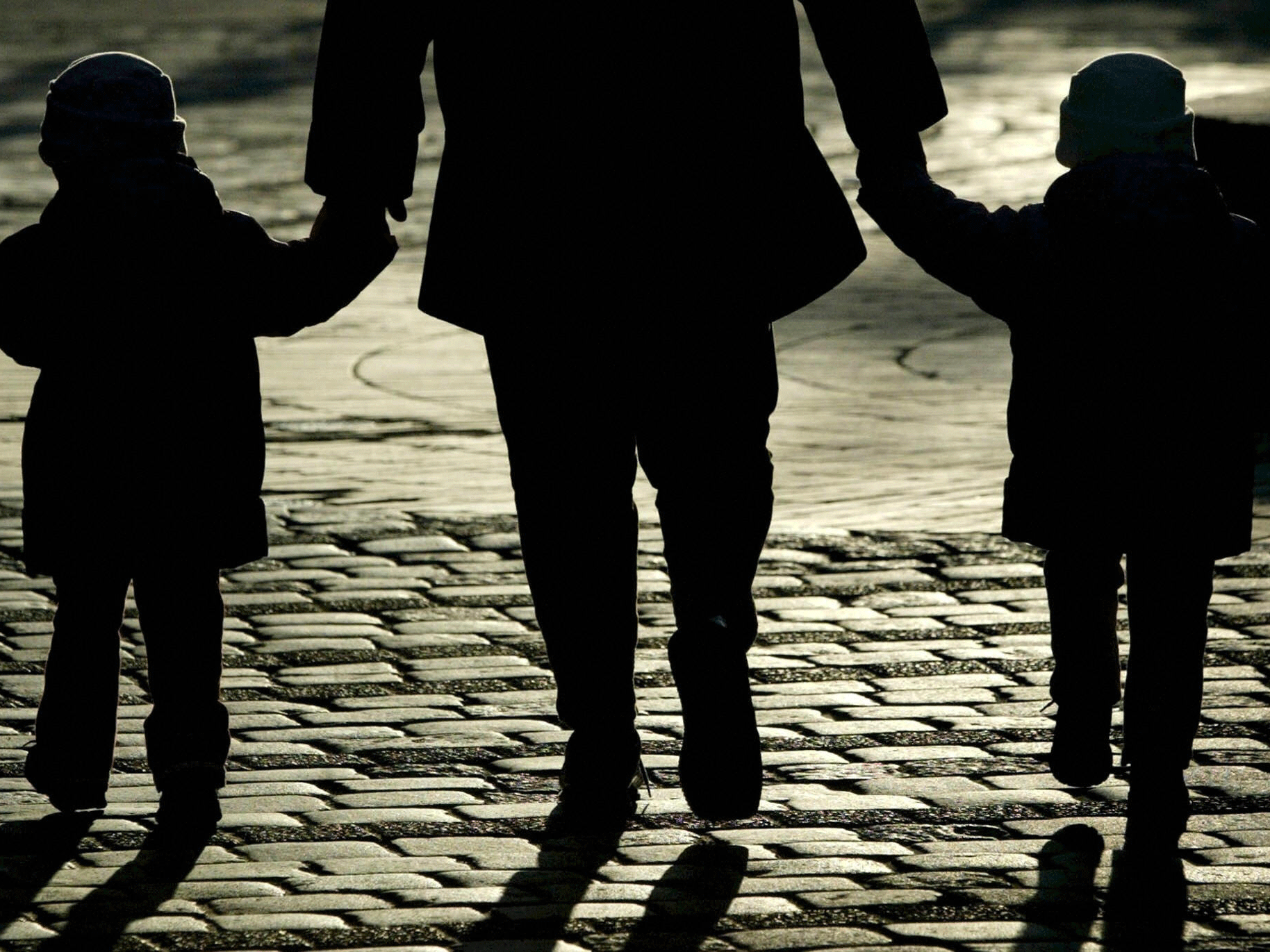Algerian police tell pregnant woman to go back to husband after he threw her into a wall, human rights group says
Human Rights Watch accuses Algeria of failing to protect victims of domestic abuse

Your support helps us to tell the story
From reproductive rights to climate change to Big Tech, The Independent is on the ground when the story is developing. Whether it's investigating the financials of Elon Musk's pro-Trump PAC or producing our latest documentary, 'The A Word', which shines a light on the American women fighting for reproductive rights, we know how important it is to parse out the facts from the messaging.
At such a critical moment in US history, we need reporters on the ground. Your donation allows us to keep sending journalists to speak to both sides of the story.
The Independent is trusted by Americans across the entire political spectrum. And unlike many other quality news outlets, we choose not to lock Americans out of our reporting and analysis with paywalls. We believe quality journalism should be available to everyone, paid for by those who can afford it.
Your support makes all the difference.Police in Algeria told a pregnant woman to go back to her husband after he punched her and threw her against a wall, according to a Human Rights Watch (HRW) report that details alleged failings in Algeria’s treatment of domestic violence victims
Officers told the 31-year-old it was “not our business” after she escaped her house in her pyjamas to report the attack.
The report said police told the woman: “This is a family affair. Maybe he was angry. He will come back to his senses.”
She was even told by her father that “your destiny is to stay with him”, according to HRW.
The report said police in the north African country often ignore recent legislation that criminalises domestic violence and tell women it is a “private matter”. Relatives also pressure women to reconcile with abusive husbands, it added.
Lawyers told the group that “most survivors either do not press charges or drop their complaints at the investigative stage”.
While only about 4,000 cases of domestic violence were logged by Algerian police in 2016, a state survey 10 years prior found 9.4 per cent of women aged 19 to 64 said they were victims of family violence “often or daily”.
A second woman told HRW her husband tied her up, beat her with a broom and slashed her breasts with scissors, but police said they would not investigate because the man had told them she “fell”.
Despite being treated at hospital and having blood on her clothes, the 39-year-old was reportedly told: “We called your husband, he said you fell and that is why you are bruised.”
Officers then took the woman to a homeless shelter, according to HRW.
HRW accused the Algerian government of failing “to adequately prevent domestic violence, protect survivors, and create a comprehensive system for the prosecution of perpetrators”.
“Service provision for survivors of domestic violence, including shelter, psychosocial care, and facilitation of access to justice, lies almost entirely in the hands of non-governmental organisations, most of which receive no state support,” it added.
Algeria, with a population of 41 million, has just three state-run shelters dedicated to helping female victims of violence, HRW said.
Laws introduced in 2015 to criminalise domestic abuse were “a positive step”, HRW said, but it called for a more comprehensive solution, saying victims should be able to seek protection orders from the courts.
The current rules do not explicitly mention marital rape, the report said, and rely “excessively” on doctors’ assessment of women’s injuries without providing guidelines on how to judge their severity for legal purposes.
The government should establish a national database to track prosecutions and sentences, it added.
The Independent has contacted the Algerian consulate in the UK for comment.
Join our commenting forum
Join thought-provoking conversations, follow other Independent readers and see their replies
Comments